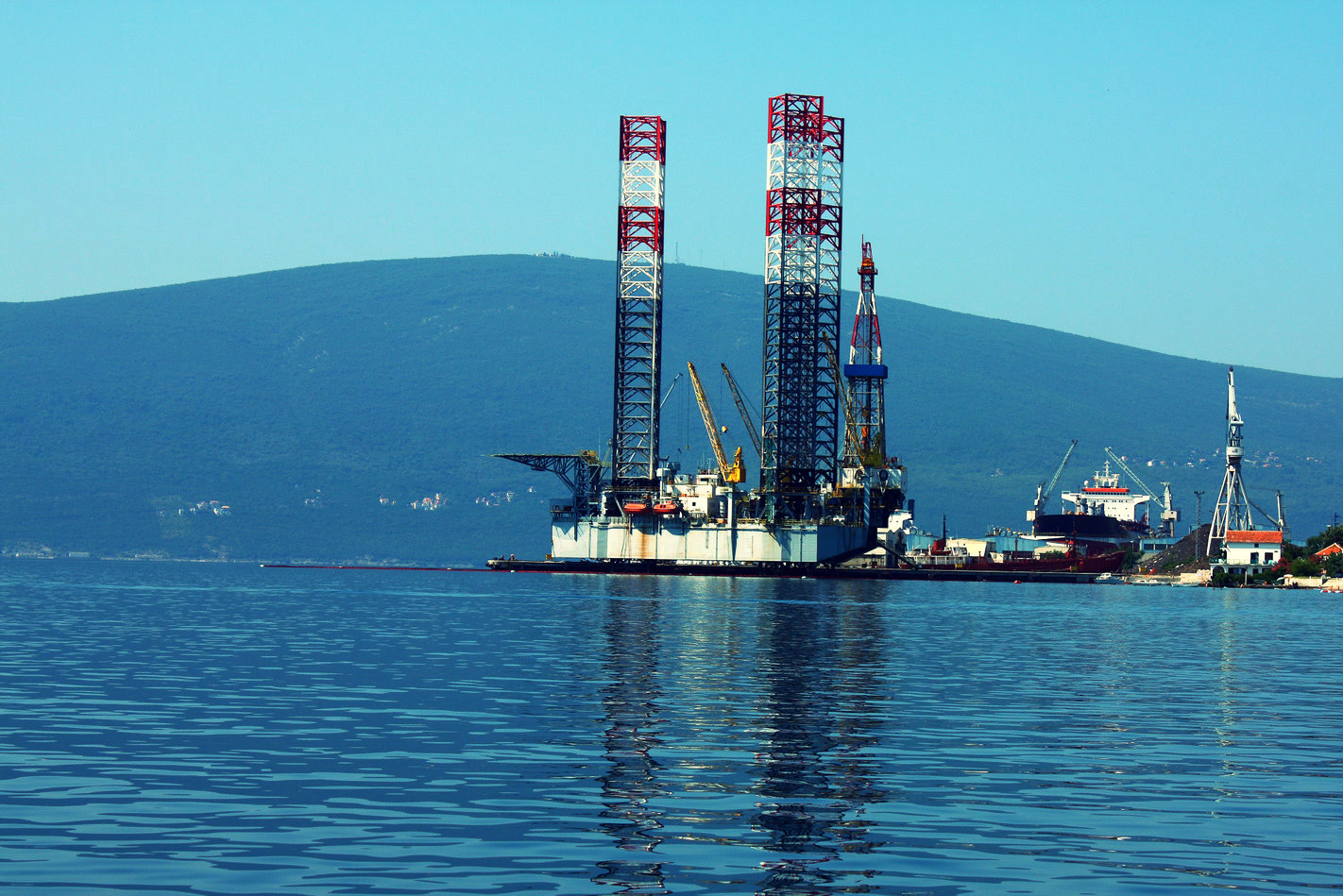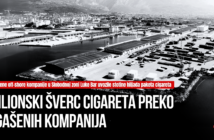 Concession Act Draft for the Adriatic Shipyard Bijela does not give any guarantee to the employees that they will remain in work and keep their current positions in the company. At the same time, the government gives commitments to defraying multi-million expenses aimed at environmental renewal to all taxpayers’ disadvantage, instead of being charged to the future concessionaire.
Concession Act Draft for the Adriatic Shipyard Bijela does not give any guarantee to the employees that they will remain in work and keep their current positions in the company. At the same time, the government gives commitments to defraying multi-million expenses aimed at environmental renewal to all taxpayers’ disadvantage, instead of being charged to the future concessionaire.
This arises from the Concession Act Draft and Contract Proposal for granting a concession for the Adriatc Shipyard, which were the subject in the public hearing last month, at the time of annual leaves. Thus, the public hearing was void, while the Ministry of Transport and Maritime Affairs didn’t even make an effort to explain the proposed solutions of which many were disputable and to the employees’ disadvantage.
These documents neither address a social welfare program for employees nor does the future concessionaire take on any commitments at all to keep the employees in their positions (last year, there were officially 438 employees in the company), which is in contradiction with the Law on Concessions, which clearly defines that concessions are granted in the public interest and for creating greater employment opportunities.
Even though it has been envisaged that a concessionaire keeps the original ship repair service within three years, it was made irrelevant by stipulating that it is dependent on ”supply and demand on the market and in accordance with implementation of the investment plan”. Such being the case, the concessionaire is given carte blanche to influence the decision whether the ship repair business is going to be undertaken at all at the beginning.
The plan has envisaged that a future Shipyard business is exclusively aimed at yacht repairing and maintenance, which is the last stage in preparing the ground for granting a concession to the Canadian billionaire Peter Munk, who owns the marina in Porto Montenegro and has publicly expressed interest in Bijela Shipyard, where he intends to provide yacht restoration service.
Further, what is highly disputable in the documents is that the government clearly states that the actual pollution level in the Shipyard is not determined, while on the other hand it gives commitments to bearing total expenses for environmental renewal of the location, where there is over 70 thousands tones of grit, out of which 20 thousand tones is classified as a hazardous waste.
This may be especially problematic when it is taken into consideration that Montenegrin law clearly regulates the ” polluter pays” principle, which implies that manufacturing companies cover expenses related to the environment pollution. Regardless of this, the government took a loan of €13 million from the World Bank for repairing the Shipyard. It has been communicated recently that the amount will not suffice, so it is even less plausible now that these documents do not include the assessment of all expenses.
As it guarantees that Montenegrin citizens will pay for the environment pollution that they are not obliged to pay, the documents do not reveal any significant income received by the state from granting concessions for the Shipyard Bijela. Moreover, the Concession Act does not include a financial estimation on feasibility of port services, even though it is a mandatory part of the Concession Act, and this is definitely in contradiction with the Law on Concessions.
Finally, the future concessionaire is given a guarantee contrary to the law that in case of amendments to the Law, more favourable regulations will be applied to the concessionaire. In case of eventual disputes, an international arbitration in Vienna is arranged for a foreign concessionaire, instead of taking him/her to the national courts.
In recent years, the government has tried to sell the majority of shares of the Adriatic Shipyard four times without any success and the greatest interest was expressed by the companies linked to Peter Munk. Bankruptcy has been declared this year at the end of June, thus creating possibilities to sell valuable assets at low prices and leave workers unemployed, which would mean closing down once renowned Montenegrin company.
Investigative center of MANS
This text is created with the support of the European Union within the project “Zero Tolerance to Corruption”. Network for Affirmation of Non-Governmental Sector – MANS is solely responsible for the contents of this article, and the views taken herein shall not in any case be considered as those of the European Union.
Porto Montenegro is (not) successful story
Even though the government officials continue to insist that the Canadian billionaire Peter Munk’s project Porto Montenegro is one of the most successful in the country and as such has created considerable employment opportunities, judging by the financial reports of the companies ”Adriatic Marinas“ and ”Adriatic Marinas Services“ which are in charge of the project, it is not likely to be the case.
Namely, available data show that ”Adriatic Marinas“ provided employment for 150 workers in 2014, while ”Adriatic Marinas Services“ in the same period employed around 5 workers on average.
Concurrently, the company “Adriatic Marinas“ had the deficit of almost €7 million in 2014, while ”Adriatic Marinas Services“ had the surplus of €140,000.



